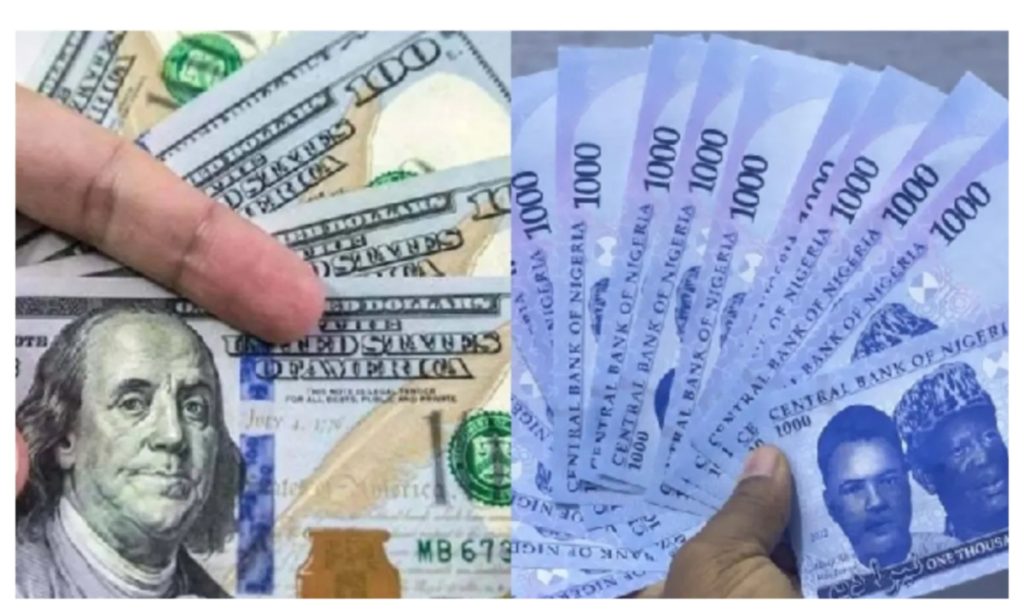Josephina Otabor, widely known as Phyna and a former winner of the Big Brother Naija reality show, recently sparked a significant conversation by expressing her desire to identify as a man despite being a woman biologically. In a candid conversation on the Big Friday Show with Tacha on Cool FM Nigeria, Phyna shared her perspective on gender identity and the societal stereotypes that influence her perception.
“I am a woman physically, but most of the time, I want to identify as a man. In my next world, I want to be a man,” she stated, shedding light on the complexities of her gender identity. Phyna passionately voiced her stance, attributing it to the prevalent social bias against women. Her remarks offer a deeper reflection on the struggles individuals face in a society that often marginalizes or undermines them due to their gender.
One of the notable incidents that Phyna referenced during the interview was a recent social media conflict with Nigerian music star, Davido. She seized the opportunity to address the situation, emphasizing her refusal to conform to societal expectations. “I am a woman physically, but I can identify as a man because most times they just try to talk down on you because you are a woman,” Phyna explained, shedding light on her defiance against the gender-based limitations imposed by societal norms.
The poignant exchange between Phyna and Davido served as a catalyst for her to elucidate her stance further. “When you do something to me that I don’t like, no matter who you are, I will call you out,” she declared. This unwavering commitment to personal agency and standing up against mistreatment underscores her resolute character and refusal to succumb to societal pressures, even when faced with a prominent figure like Davido.
Furthermore, Phyna used the opportunity to advocate for a more equitable treatment of women in society, citing her own experiences and the broader challenges that women encounter. Her bold and unapologetic statements are poised to inspire critical discussions about gender equality and the need to dismantle the barriers that confine individuals to predefined gender roles.
Phyna’s candid revelations resonate with a global audience, transcending geographical boundaries and cultural contexts. Her bold stance amplifies the voices of countless individuals who grapple with societal expectations regarding gender and identity. By fearlessly sharing her truth, Phyna invites us to introspect and reconsider the conventional norms that often govern our understanding of gender.
In a world where gender dynamics continue to shape narratives and interactions, Phyna’s unwavering assertion to identify as a man necessitates a broader conversation about acceptance, individuality, and the freedom to define one’s identity on one’s terms.
With her unyielding spirit and thought-provoking perspective, Phyna emerges as a symbol of empowerment, challenging the status quo and advocating for a more inclusive society that embraces individuals irrespective of their gender identity. Her resolute advocacy serves as a potent reminder of the transformative power of authentic self-expression and the resilience required to defy entrenched societal expectations.
As the reverberations of Phyna’s bold statements permeate across diverse communities, they stand as a testament to the indomitable human spirit and its unwavering quest for self-determination, empowerment, and equality.



